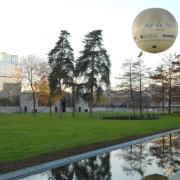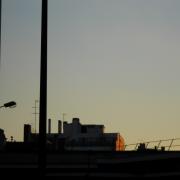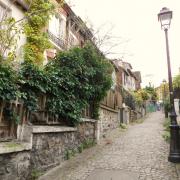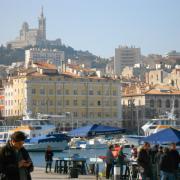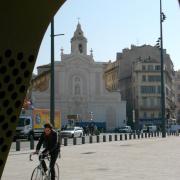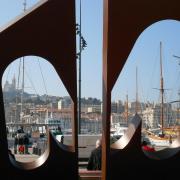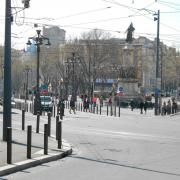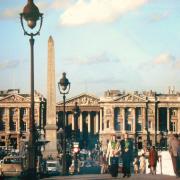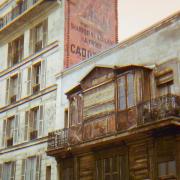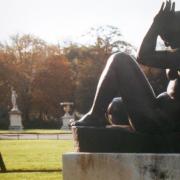The City
There is the man, then his clothes, then his house. The latest two represent his first and his second protection. The city is the collection of the second covers of the human beings.
The city reflects the existences of the persons - from past and of present - who have built it and live inside. I don't mean that an ugly city characterizes its inhabitants, no more than individuals who reside in a pretty town are necessarily honest people.
I merely suggest that the buildings and their organization, their conditions of preservation testify more or less happy times of the cities. They also give information about priority granted to arts, trade, industry...
Besides the word "city" remains indefinite in its meaning for it may name a big metropolis or a borough, so called by the inhabitants of the neighbour village.
At last it is to notice that, likewise a human being, we can love or hate a city according to our vision of it or the circumstances of our rendezvous with it. For example, as regards me personally and Paris, the capital of the cities, my relations have been so variable. The visitor will realize, reading my texts of different dates.
Consequently the city could be qualified "living entity", what explains why the poets have adulated or cursed it. Is the city the amplifier of our positive and negative sensations?
(copyright Jean-Michel Cagnon)
-
dscn1162©JMC
Roofs of Paris at twilight (inspiration drawn from Edward Hopper) - 2012 - Digital photography
-
DSCN1093©JMC
Paris, residential district "d' Amérique" near Buttes-Chaumont park (2012) Digital
-
DSCN2530©JMC
Marseilles, Canebière (on the left) and Léon-Gambetta avenue (on the right) - 2013 - Digital
-
DSCN3084©JMC
Paris, Valmy embankment alongside Canal Saint-Martin (1974) Original is a slide


